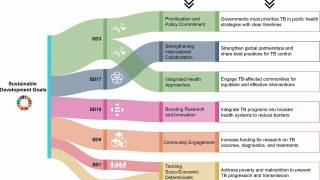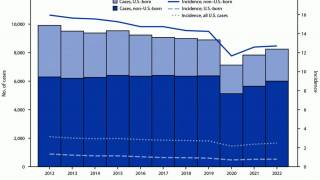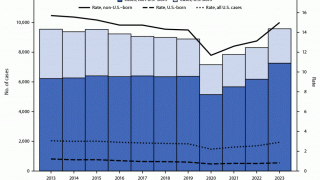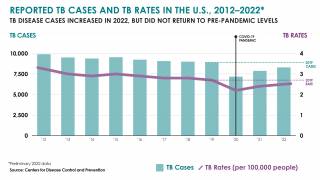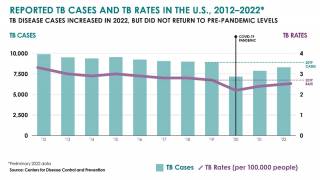Tuberculosis Killed 1.25 Million People Globally
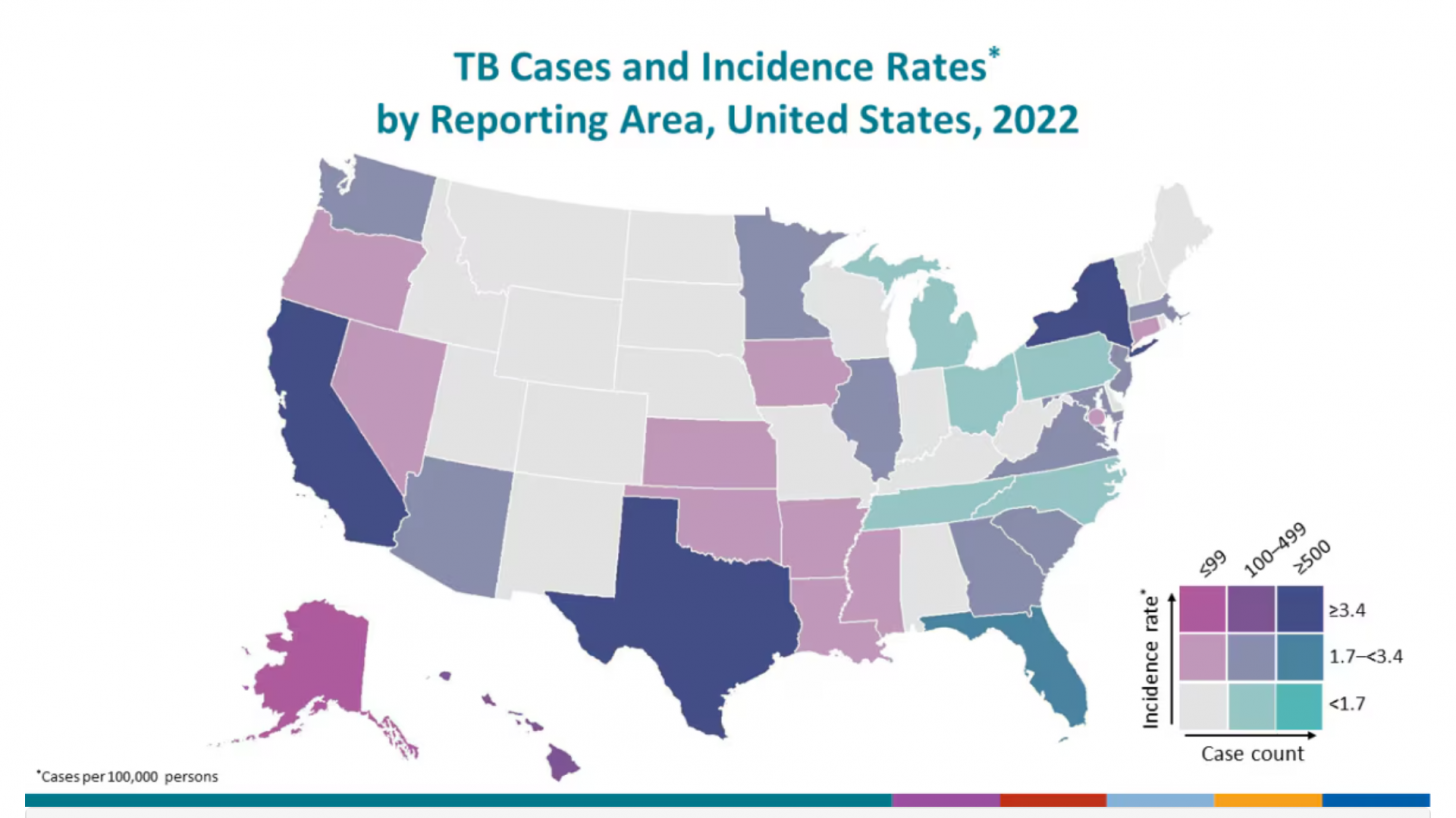
Tuberculosis (TB) is an ancient yet typically treatable infectious disease. Unfortunately, approximately a quarter of the global population has been infected, and over 1 million people died from TB last year.
According to the World Health Organization (WHO), as of October 29, 2024, TB has once again become the world's leading cause of death from a single infectious agent, resulting in nearly twice as many deaths as HIV/AIDS.
The newly published WHO's Global Tuberculosis Report 2024 highlights that while TB-related deaths decreased from 1.32 million in 2022 to 1.25 million in 2023, the total number of people falling ill with TB rose slightly to an estimated 10.8 million in 2023.
The WHO says urgent action is required to end the global TB epidemic by 2030, a goal adopted by all Member States of the United Nations and the WHO.
Dr. Tereza Kasaeva, Director of the WHO Global Tuberculosis Programme, commented in the report, "WHO's Global Tuberculosis Report for 2024 reveals a sobering reality: TB has probably returned to being the world's leading infectious disease killer."
"It is imperative that we unite across all sectors and stakeholders to confront these pressing issues and ramp up our efforts, transforming our promises into tangible resources and unwavering resolve."
"Only through our collective determination can we make significant strides in our battle to end TB once and for all."
As of late 2024, TB infections continue impacting public health in the United States.
The U.S. CDC recently reported that up to 13 million people in 60 jurisdictions live with latent TB infection in the U.S. As of October 30, 2024, the CDC reported 6,159 TB cases this year, led by outbreaks in California and New York (NYC).
TB is caused by the bacillus Mycobacterium tuberculosis, which is spread when people who are sick with TB expel bacteria into the air. Following infection, the risk of developing TB disease is highest in the first 2 years. The disease typically affects the lungs.
Without treatment, the death rate from TB disease is close to 50%. With treatments currently recommended by WHO (a course of anti-TB drugs for 4–6 months), about 85% of people with TB can be cured.
One of the oldest vaccines is the Bacillus Calmette-Guérin (BCG) vaccine. Although it has a modest effectiveness rate and may cause false-positive test results, it has been administered over 4 billion times worldwide.
In the U.S., the CDC says the inexpensive Merck's TICE® BCG vaccine has limited availability.
And in the UK, the Health Security Agency says BCG vaccination is not recommended for travelers to countries with low annual TB incidence.
However, BCG vaccination is recommended for immunocompetent travelers from the U.K. who will spend more than three months in a country where the presumed or average annual incidence of TB is high and/or where the risk of Multi-Drug-Resistant TB is high.
Recently, the U.K. updated country-specific TB vaccine recommendations for India, Armenia, Bosnia and Herzegovina, Colombia, Honduras, Latvia, Maldives, Qatar, and Syria. For example, tuberculosis in India is a significant health problem, causing about 220,000 deaths every year.
As of October 2024, over ten versions of the BCG vaccine are currently in use globally, and various next-generation vaccine candidates are conducting late-stage research.
Our Trust Standards: Medical Advisory Committee




